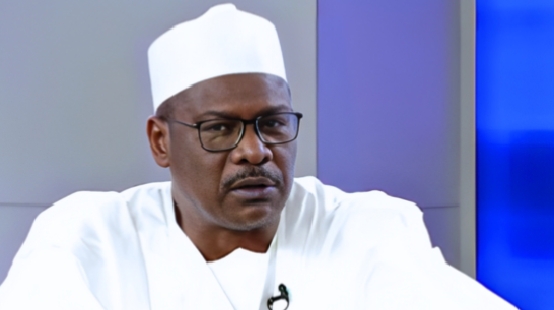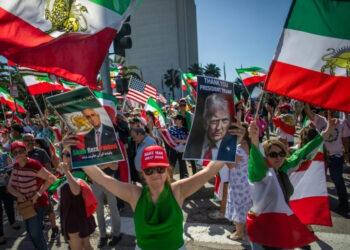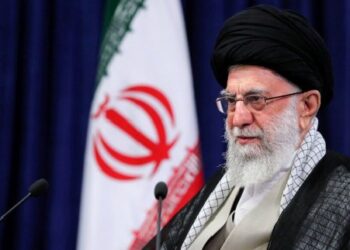By Enyichukwu Enemanna
A prominent member of the Nigerian Senate has expressed concerns over the increasing challenges of corruption in Africa’s most populous country, and has alleged that the nation continues to celebrate individuals who enrich themselves through corrupt means.
Senator Ali Ndume, representing Borno South Senatorial District, North East Nigeria in a chat with journalists in Kano on Sunday, highlighted how societal values have contributed to the normalization of ill-gotten wealth, querying why the country has not enacted a legislation to tackle corruption.
“Our major challenge in this country is corruption. Up till now, we have no law that can proactively or even reactively address the issue of corruption in the country,” Ndume who has spent 16 years as a member of the National Assembly said.
Those who embezzle public funds are not only unchallenged but are also praised for their riches, the lawmaker noted.
While wealth is scrutinized abroad, it is admired without question in Nigeria, Ndume said, contrasting Nigeria’s situation with that of developed nations.
“In developed nations, people question the source of one’s wealth, but in Nigeria, you are venerated for flaunting ill-gotten wealth,” he remarked.
The senator did not mince words in describing the culture of impunity that surrounds corrupt politicians.
“If you see somebody in our system, especially in politics or government, and he is not corrupt, then he is lucky that he is God-fearing. Otherwise, it is only in Nigeria that you steal money and you walk freely, and then you are celebrated,” he lamented.
Heritage Times HT reports that the Nigerian Senate where Ndume was a Minority Leader has been accused of not doing enough to come up with legislations to tackle corruption.
Additionally, it has been accused of being a “rubber stamp” to the Executive over its inability to wield its full power to carry out supervisory roles on the activities of the Executive.
It has also been criticized for allocating humongous welfare packages to its members, amidst increasing number of poor people in the West African nation.


































